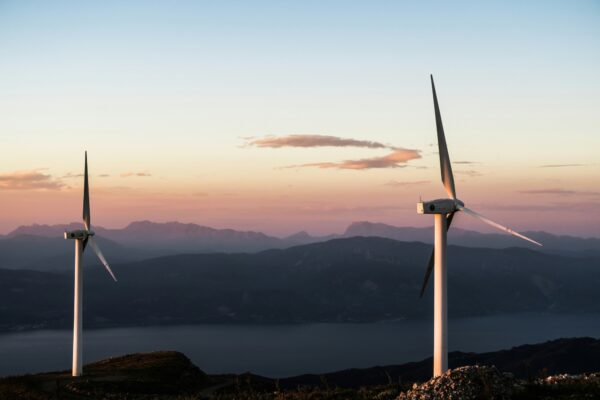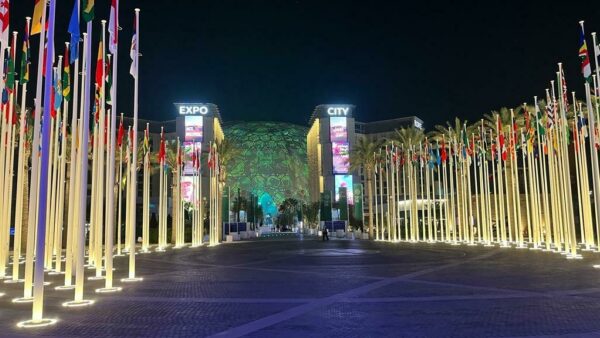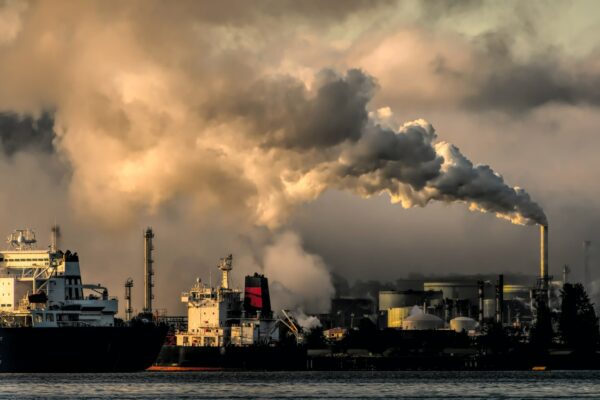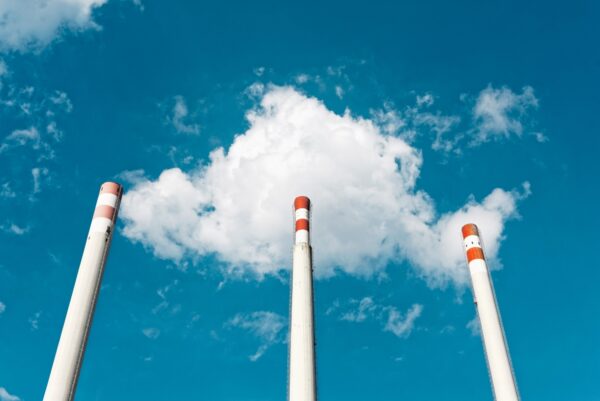Woodside’s Scarborough LNG expansion will massively increase WA emissions in five years, jeopardising any serious 2030 climate target
Woodside’s proposed Scarborough to Pluto LNG project in Western Australia is a bet against the world implementing the Paris Agreement, will increase emissions globally, and will result in huge domestic emissions increases.
Share

Woodside’s proposed Scarborough to Pluto LNG project in Western Australia is a bet against the world implementing the Paris Agreement, will increase emissions globally, and will result in huge domestic emissions increases, says a new report published today by Climate Analytics.
The report is the first analysis of the full impact on emissions of the entire Woodside Scarborough-Pluto project, and shows the company’s recent claims on emissions only cover a snapshot of the full picture.
By the late 2020’s Woodside’s Pluto expansion project, its linked domestic gas supply and co-related H2 Perth project will be emitting the equivalent of around 12% of WA’s 2005 emissions. It will also add more than 20% to Western Australia’s projected gas supply over the next decade.
“WA is one of only two Australian states without a 2030 climate target, and now the economy will have to work even harder to account for these extra emissions, because Woodside’s emission reduction plans are either hot air, or won’t happen for another 20 years,” said Bill Hare, Climate Analytics Senior Scientist and lead author of the report.
“The Western Australia government has agreed to Woodside’s Greenhouse Gas Abatement Plan [GGAP] without doing its homework, and appears to have accepted without question this huge new burden its economy will have to bear to meet any 2030 target it may come up with,” he said.
The report notes that a significant fraction of Woodside’s emissions reductions in its GGAP are “hot air” as they are taken from an 2006 emissions baseline derived from a bigger LNG production scale, which the company has scaled down by 15%, rendering a substantial part of the claimed reductions a nonsense.
“Woodside’s proposed emissions reductions are through offsets that are not guaranteed as being additional to business as usual, and the vast majority of them will not occur until after 2040, allowing Woodside to produce LNG from Scarborough, effectively unencumbered by any emissions reductions, for the majority of the gas field’s 30-year expected life,” said Hare.
Woodside has also not accounted for the expected globally rising price of carbon, and with it the costs of offsets that, by 2050, could involve costs in a range of 21-71% of export revenue. The company is also implicitly asking policymakers, the finance sector and governments to bet on a massive rollout of carbon capture and storage (CCS), an essentially unproven technology with a history of failures, cost overruns and major deployment delays.
Nor does Woodside’s emissions reduction plan account for the impact of substantial Scope 3 emissions (the emissions from export markets burning its product) on the demand for its exported LNG. The Scope 3 emissions are up to nine time larger than the emissions from the plant itself.
This new reports debunks Woodside incorrect claims this gas expansion is consistent with the Paris Agreement’s 1.5˚C goal and with the IEA’s Net Zero roadmap. Rather than decrease emissions, pushing greenhouse gas intensive LNG will slow down decarbonisation, and result in higher global emissions.
The report has estimated that total cumulative emissions from the project until 2055 are 1.37 billion tonnes, equivalent to 18 years of WA’s 2005 emissions, and 60% larger than the 878 MtCO2e Woodside itself has reported for the Scarborough project.
“The IEA has since released its Net Zero Emissions scenario which makes it abundantly clear that no new fossil fuel exploration should take place. This would, in our view, include the Scarborough Pluto project. This project is likely to slow down decarbonisation in major economies.”
Both IEA and Reserve Bank of Australia net zero scenarios indicate the strong potential for a collapse in Australia’s LNG market before 2030 as export countries like South Korea and Japan move to seriously implement the Paris Agreement and move to renewables and green hydrogen, reducing their LNG consumption – and right on cue – both countries have recently announced an intent to move away from LNG towards green hydrogen and renewables.
Lastly, the report points out that Woodside faces competition from other global LNG supplies with lower costs, and who are already investing in other emissions reduction measures. A softening, or even collapse in demand for LNG would rapidly exacerbate this risk, contributing to the Pluto-Scarborough Project becoming a stranded asset.











